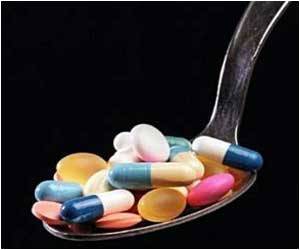
Together these findings represent one of the most significant advances in the field of depression in recent years.
Now, new results reported in the current issue of Biological Psychiatry by researchers at the Yale University School of Medicine demonstrate that scopolamine causes rapid activation of mTOR signaling and increased number of synaptic connections in the prefrontal cortex.
The prefrontal cortex is an important brain region, involved in executive and cognitive functioning, decision-making, planning, and the expression of personality. It is also implicated in the pathophysiology and treatment of depression.
"These effects are similar to the actions of ketamine, showing that two drugs with completely different receptor blocking profiles have common downstream actions linked to rapid antidepressant responses," said Dr. Ronald Duman, senior author on the project. "Moreover, the increase in synaptic connections reverses the deficit caused by stress and depression and thereby reinstates the normal control of mood and emotion."
"It would be very important to know if all of the new generation of rapidly acting antidepressant medications acted through a final common signaling pathway within neurons. This knowledge might guide insights into why some patients fail to respond to available antidepressants and provide directions for treating depression," said Dr. John Krystal, Editor of Biological Psychiatry.
Advertisement
Source-Eurekalert















